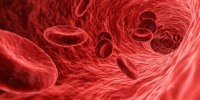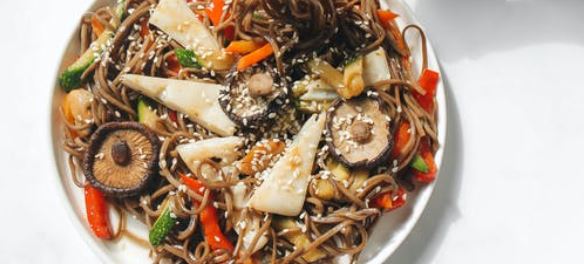** The list of foods is indicated at the bottom of the page under the introduction **
Summary
1. General recommendations concerning iron needs
2. List of food containing a significative amount of iron
1. General recommendations concerning iron needs
The main role of iron is to transport oxygen to the cells in our body. In a lifetime, we may have a deficiency of this precious element essential to our health. Iron deficiency is often detected because of unusual fatigue.
When one has chosen a vegetarian or vegan diet , the consumption of larger quantities of foods containing iron is necessary because iron that does not come from meat is less well absorbed by the body.
The current daily requirement of an adult vegetarian man is 14 mg per day of iron , while a vegetarian woman (adjusted, that is to say before menopause) needs 30 mg per day. These rates are higher than the official recommendations because we consider here an absorption rate of 10% which is lower rate than people consuming iron through in animal products.
Important point : iron absorption is more effective in addition to vitamin C and, conversely, it is inhibited if you consume coffee or tea.
So remember to supplement your meal with foods rich in vitamin C (such as pepper or lemon ) and avoid consuming tea or coffee around your meal (leave at least 1 or 2 hours between the meal and your coffee or tea).
2. List of food containing a significative amount of iron
So here is a list of foods rich in iron that you should consider if you want to increase the iron level in your body. We have only indicated here the foods allowing the absorption of a significant amount of iron during a meal and suitable for a healthy lifestyle . We have, for example, excluded spices such as thyme, cumin or curry, which are very rich in iron but which are generally consumed in insignificant quantities. The amounts of iron present in food differ enormously depending on the variety and their preparation, so we have established an average level in the following figures.
1) Seeds: Sesame, poppy, flax → about 8-12 mg of iron / 100 grams
Sesame is found in many oriental products like hummus, which also has the advantage of being made with chickpeas which is also rich in iron. Poppy and flax are also increasingly present in vegetarian products.
2) Legumes: Lentils, beans and peas → about 8-12 mg of iron / 100 grams
Legumes have every reason to be a must in the diet of a vegetarian. In addition to iron, they provide a good amount of protein. 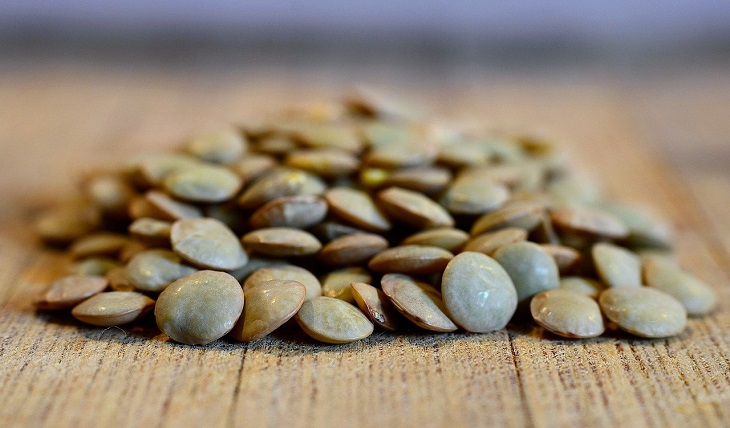
3) Whole Grains #1: Quinoa, soybeans and oats → around 6-8 mg iron / 100 grams
We no longer present these cereals which are very well known to vegetarians and vegans, widely consumed as a main dish, with which it is essential to regularly supplement your meals instead of rice and wheat, which are less rich in iron. 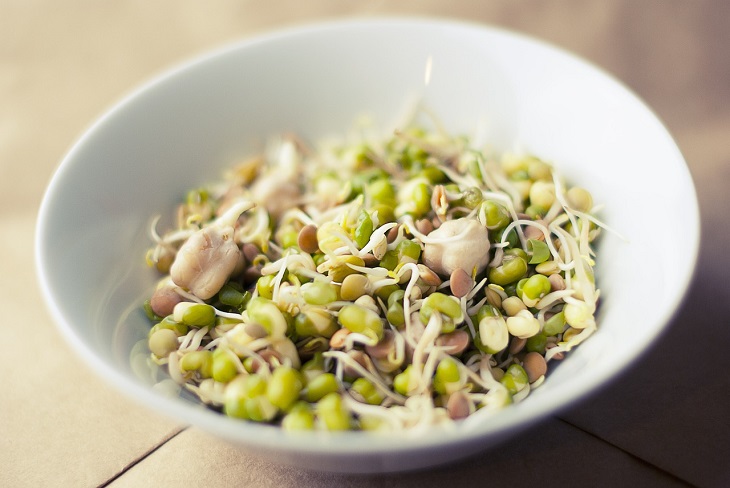
4) Whole grains #2: spelt, buckwheat → About 4 mg of iron / 100 grams
Cereals a little less famous than those mentioned above but which can easily be found in special breads and which will easily replace wheat or barley (about 3 mg of iron / 100 grams). 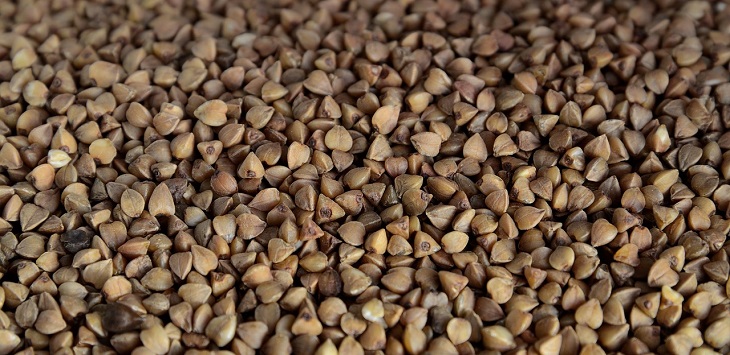
5) Nuts: walnuts, almonds, pistachios, hazelnuts → 2-4 mg iron / 100 grams
These different nuts are also part of the essential food palette of a vegetarian or vegan as their nutritional contributions are rich (proteins, fibers, magnesium, vitamin E and B). Unfortunately, they are often the cause of allergic reactions in some people. 
So, by taking care to regularly consume these different foods you should be able to avoid an iron deficiency while continuing your lifestyle without animal products.
In the event that, despite everything, you do not manage to raise your iron level, your doctor may prescribe food supplements that will allow the iron level in your blood to rise quickly.

